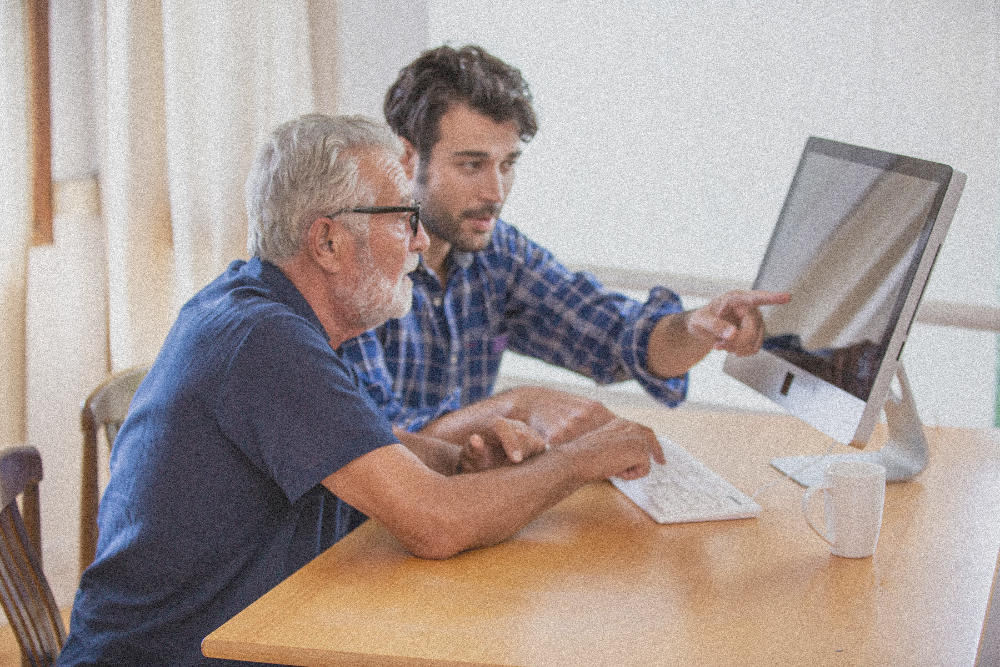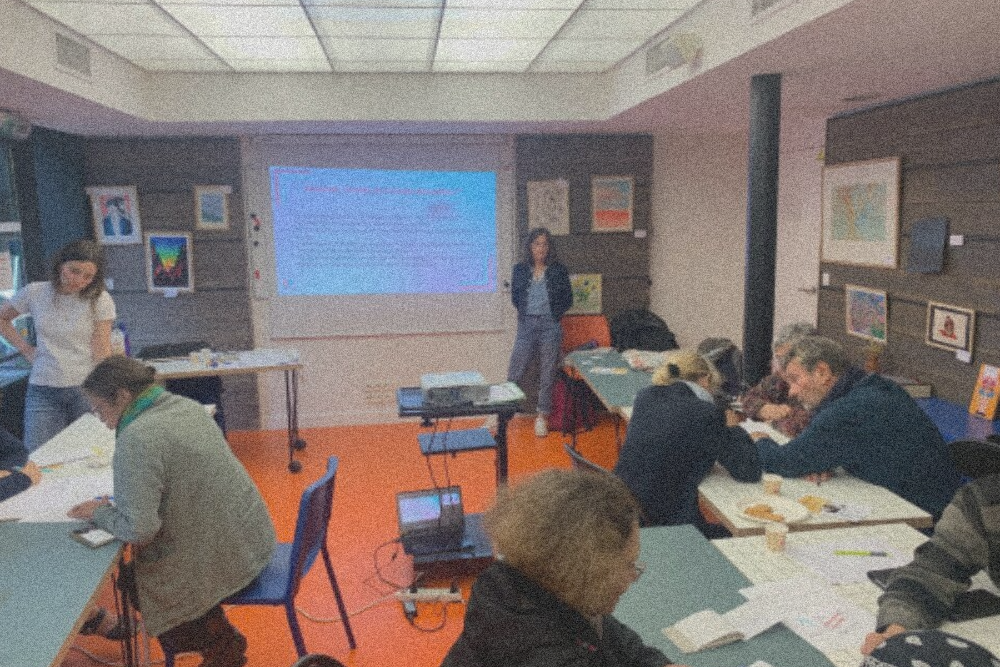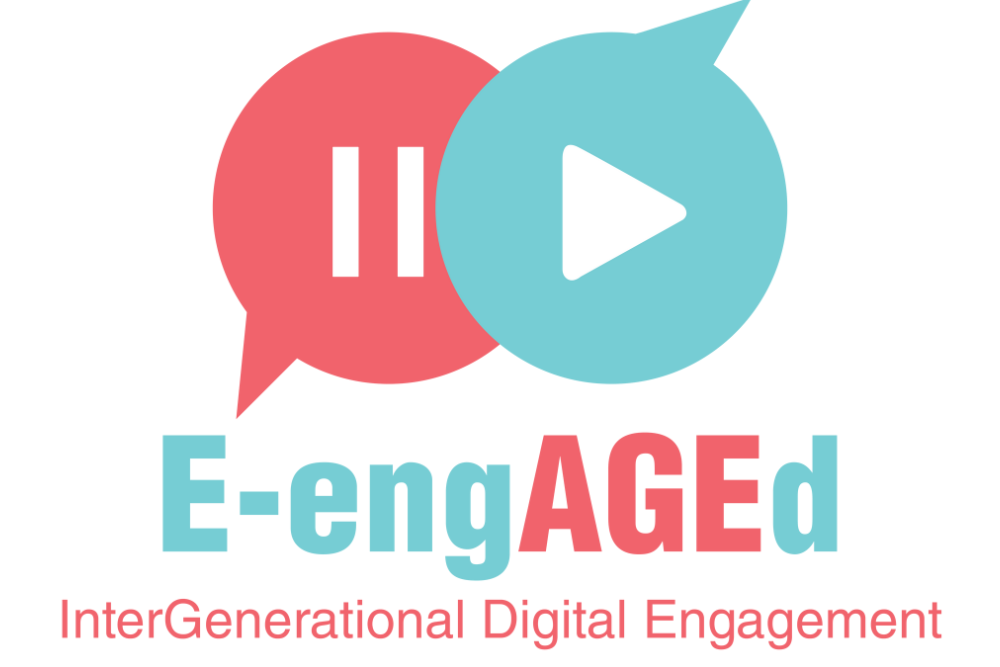


E-ENGAGED
Encourage media literacy development with an intergenerational focus.

Project period: January 2023 – December 2024
Coordinator: Athens Lifelong Learning Institute (Greece)
Partners of the project: E-Senior (France), European Federation of Journalists (Belgium), EAVI (Belgium), Fondazione Mondo Digitale (Italy), European Association for the Education of Adults (Belgium), People Behind (Greece), Polo Europeo (Italy), Pistes Solidaires (France)

The context:
Disinformation is a democratic challenge of our time. Low-quality information breeds distrust, creates social divisions, heightens tensions, and leads to polarization and extremism.
Digital and social exclusion, low media literacy, and weak political participation are all factors contributing to this scenario, where the E-engAGEd project aims to make a difference by adopting an intergenerational approach.
Building trust in journalism and reliable media to promote political participation is an important part of this project. That’s why journalists are directly involved in shaping the training content and organizing a European debate on journalism.
The objectives:
The project has three main objectives:
– Empower citizens to fight against disinformation and strengthen their resilience.
– Increase citizens’ digital, social, and political participation.
– Develop an intergenerational approach to learning.
As part of E-Engaged, young volunteers will be trained as media education trainers, so they can pass on their knowledge to older citizens.
Four training sessions will take place in Belgium, France, Greece, and Italy, involving 160 young participants, followed by three intergenerational workshops in the same countries.
Additionally, the project includes debates and exchanges between citizens of different ages on disinformation, digital citizenship, and civic engagement. The outcomes will be used to create further project activities: 120 surveys will be collected, three national debates and one transnational debate will be organized, and one policy paper will be drafted with the contribution of 180 young and senior participants.
The results:
Coming Soon


